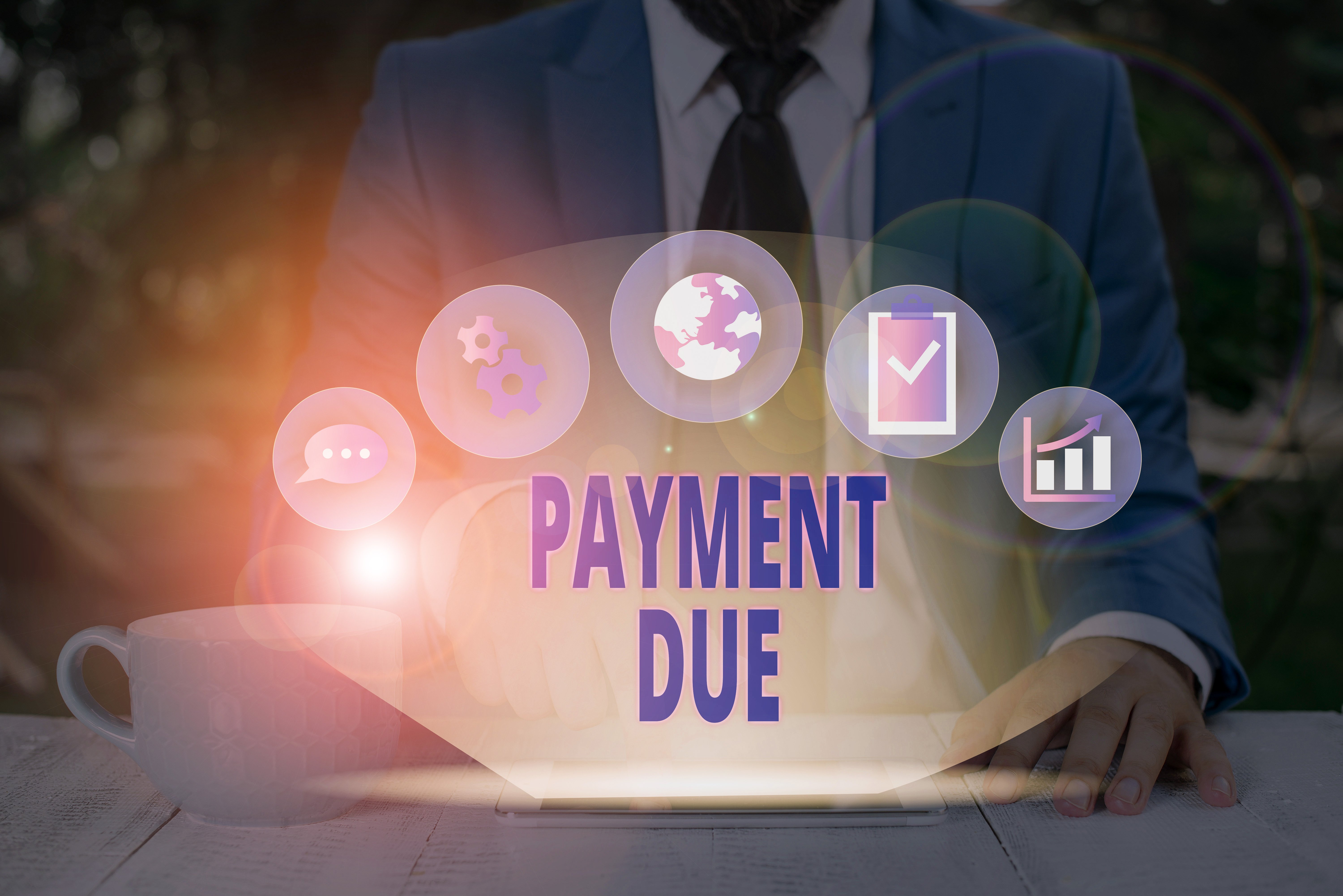As a Housing Provider, one of the most fundamental responsibilities you have is collecting rent, and in some cases, utility payments from your Residents. Unfortunately, it is not uncommon to have Residents who fall behind on their payments for rent and utilities, leaving you to navigate the difficult and often uncomfortable process of collecting those outstanding bills.
 We know that Housing Providers like you want positive and professional relationships with your Residents. Unfortunately, those relationships can become strained when it comes to managing late payments. We’ve already talked about best billing practices, but even the best systems and efforts can’t prevent late payments sometimes. To help you maintain positive relationships with your Residents, follow these best practices when dealing with delinquent payments, whether on rent or utilities, to maximize your cost recovery.
We know that Housing Providers like you want positive and professional relationships with your Residents. Unfortunately, those relationships can become strained when it comes to managing late payments. We’ve already talked about best billing practices, but even the best systems and efforts can’t prevent late payments sometimes. To help you maintain positive relationships with your Residents, follow these best practices when dealing with delinquent payments, whether on rent or utilities, to maximize your cost recovery.
Establish Clear Expectations
One of the best ways to avoid delinquent payments is to establish clear payment policies from the outset. Before a Resident moves in, make sure that they understand when rent and utility payments are due, how much they are and what payment methods are acceptable. Be sure to clearly communicate, in writing, the consequences of late or missed payments, such as late fees, interest charges or legal action. By setting expectations up front, you can minimize the likelihood of payment issues arising in the first place.
When it comes to utilities, you can do this more easily by engaging a third-party billing company so that Residents can clearly see the costs. Using a third-party also adds a layer of distance and neutrality to help keep conversations professional instead of personal.
“It’s important for your healthy net operating income to collect all the money that your Residents owe,” says Daniel Sharabi, CEO of Livable.. “It’s our goal to help Housing Providers do that in a professional manner through a ratio billing system that ensures all charges are apportioned fairly and transparently.”
Follow Up Early and Often
If a Resident falls behind on payments, it is crucial to follow up with them as soon as possible. Don't wait until the payments are several months overdue to initiate contact; instead, reach out as soon as the payment is late. A friendly reminder via phone, email or text message can often be enough to prompt the Resident to pay what they owe. Things happen and people can simply and honestly forget or not realize what the date is (allowing autopayments can help prevent that!). It's important to be persistent but professional in your communication.
Consider a simple, yet friendly, message such as, “Hello, I hope all is well with you! I am writing to remind you that rent was due two days ago. Please let me know when I can expect to receive your payment! If there’s a problem, let me know so we can work something out. Have a great day.”
Provide Options for Payment
In some cases, Residents may be late on their rent or utilities because they are experiencing financial difficulties. To help them catch up, consider providing payment options. This could include payment plans, reduced payments for a limited period of time, or other creative solutions.
By working with the Resident to find a solution that works for both parties, you can avoid eviction (and an empty unit for even a day) and maintain a positive relationship with the Resident. It’s easier to keep a Resident than get a new one, so making that effort may be worth it financially, even if you take a short term hit in a delayed payment or temporarily lower payment.
Enforce Late Fees and Interest Charges
Late fees and interest charges can be effective tools for encouraging timely payments. By enforcing these charges when rent or utility payments are late, you can incentivize Residents to pay on time in the future. However, it's important to ensure that these fees are reasonable and legally permissible under local laws and regulations. Having the payments established and waiving them in an exceptional circumstance can also go a long way toward maintaining a good Resident relationship.
Consider Hiring a Collection Agency
If a Resident continues to fall behind on what they owe despite your best efforts to work with them, it may be necessary to hire a collection agency. These agencies specialize in recovering debts and can often be more effective than Housing Providers alone in securing payment. However, it's important to research collection agencies carefully and to ensure that they operate ethically and legally. Most agencies are ethical and aboveboard, but it’s on you to conduct that due diligence for the protection of your own business interests. You should also consider retaining an attorney to ensure your collection efforts are in compliance with state and local regulations as well as general fair practices.
Document Everything
Throughout the process of collecting outstanding bills for rent or utilities, it's important to keep detailed records of all communications and transactions. This can help protect you in the event of a legal dispute, and can also serve as a reminder of what steps you've taken to collect payment. Keep copies of all correspondence, receipts and invoices.
Consider using a property management software and third-party utility biller to help you stay organized on all your documentation. That ensures you are well prepared if you need to take legal action.
Be Prepared to Evict
Unfortunately, there may come a time when eviction is necessary to resolve an outstanding payment issue. While this is a difficult decision to make, it's important to be prepared to take legal action if necessary. Make sure you understand local laws and regulations regarding eviction and consider working with a lawyer to ensure that the process is handled properly. While eviction should always be a last resort, it's important to be prepared to take this step if other efforts to collect payment are unsuccessful. Remember, thorough communication, verbally and in writing, from the start of the professional relationship is absolutely necessary before opting for eviction.
Collecting outstanding bills for utility and rent can be a challenging and stressful task for Housing Providers. However, by establishing clear boundaries and procedures as iterated above, Housing Providers can increase their chances of successfully collecting outstanding bills and maintaining positive relationships with their Residents. By taking a proactive and professional approach to the process of collecting payments, Housing Providers can protect their investment while maintaining a positive resident experience.
Do you need help collecting those utility costs from your Residents? Livable can help! Book a call with one of our experts to see how much you can save.

